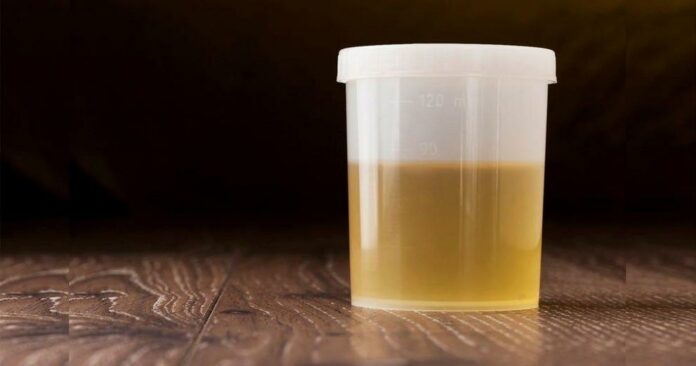Ancient Romans brushed their teeth with urine
Top image: Jar of urine.
While today we flush our urine away without giving it a second thought, in ancient times it was considered a valuable commodity. Urine contains a wide array of important minerals and chemicals such as phosphorus and potassium. The Romans believed that urine – both human and animal – would make their teeth whiter and keep them from decaying, so they used it as a mouthwash and mixed it with pummis to make toothpaste. In fact, urine was so effective that it was used in toothpastes and mouthwashes up until the 1700s.
As far as the Romans were concerned, the best and therefore the most expensive urine on the market came from the country of Portugal. It was supposedly the strongest urine in the world and thus, the choice for whitening teeth. Though most people today would decline the option of a urine-based toothpaste, it actually worked!
When left out in an open vat, urine turns stale and produces ammonia, which is used in many household cleaners today. It is also the component responsible for whitening Roman teeth!
Due to the ammonia content, urine was also important for the textiles industry, which was a booming trade during the Roman Empire. Often urine was used to bleach wool or linen and tan leather. It was also used for doing the household laundry. In fact, urine was so popular in ancient Rome that a tax was imposed by the Roman emperors Nero and Vespasian. The vectigal urinae (‘urine tax’) was placed on the collection of urine at public urinals .

